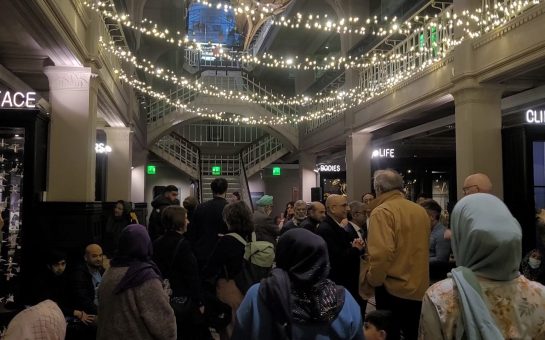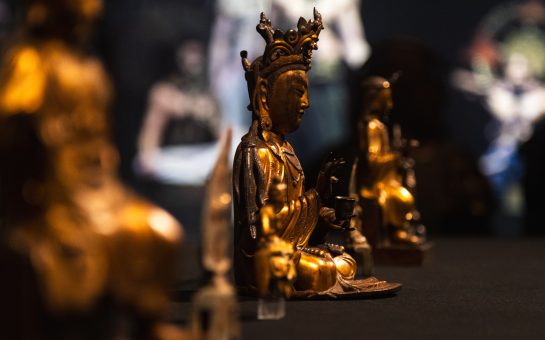An extensive collection of Islamic medical manuscripts will go on show for the first time, thanks to the efforts of a University of Manchester lecturer.
The collection, shown at the Royal College of Physicians in London, depicts how the golden age of Islam shaped the path of medical tradition hundreds of years ago.
Professor Peter E Pormann, Director of the John Rylands Research Institute and Professor of Classics and Graeco-Arabic Studies at Manchester, is curator of Mirror of Health which examines the development of medicine to the present day.
He explained the importance of such discoveries in today’s society.
“When we look deep into the medical tradition of Islamic lands, we recognise many reflections with today – which is why we called the exhibition ‘Mirror of Health’, he said.
“The Islamic medics not only transmitted and translated medical thought and practice from ancient Greece, but also innovated and changed the science.
“This enabled medicine to evolve over the centuries into the truly sophisticated science we know today.”
Professor Pormann points to the pivotal influence of Roman physician, surgeon and philosopher Galen of Pergamon as a key feature of the display.
“Islamic medicine drew heavily on ancient Greek knowledge, which is Galen plays a prominent role in the show,” he said.
“It was after all Galen who classified the medical doctrine which states that the body’s health depends on the balance of the four humours: black bile, yellow bile, blood and phlegm.
“Indeed from Galen’s time, Arabic emerged as a true language of science that went beyond country and creed.”
The manuscripts on offer have not been exhibited before and the artefacts come from a number of collections across the country, some dating back to the 13th century.
The Science Museum, London, Gonville & Caius College, Cambridge, The Bodleian Library, Oxford and Eton College, Windsor have all donated objects for the show.
Pamela Forde, archive manager at the RCP, explained the group provides records from presidents, fellows and other physicians, covering a period of almost 500 years.
“This exhibition presents the newly-researched collection for the first time and explores the medical traditions that developed in the heartland of Islam from the ninth century to the 17th century,” she said.
“Throughout the Renaissance, Arabic learning was the dominant medical trend and it was during this period that the RCP was founded in 1518.
“The exhibition also celebrates the collectors and cataloguers of the RCP collections during the Renaissance and the Enlightenment, and charts the continued interest in Arabic medical traditions through to the 20th century.”
The show runs from the beginning of May until October 25, a RCP treasures evening will take place on May 13.
For more information, and to book your place, click here
For more on this story and many others, follow Mancunian Matters on Twitter and Facebook.



